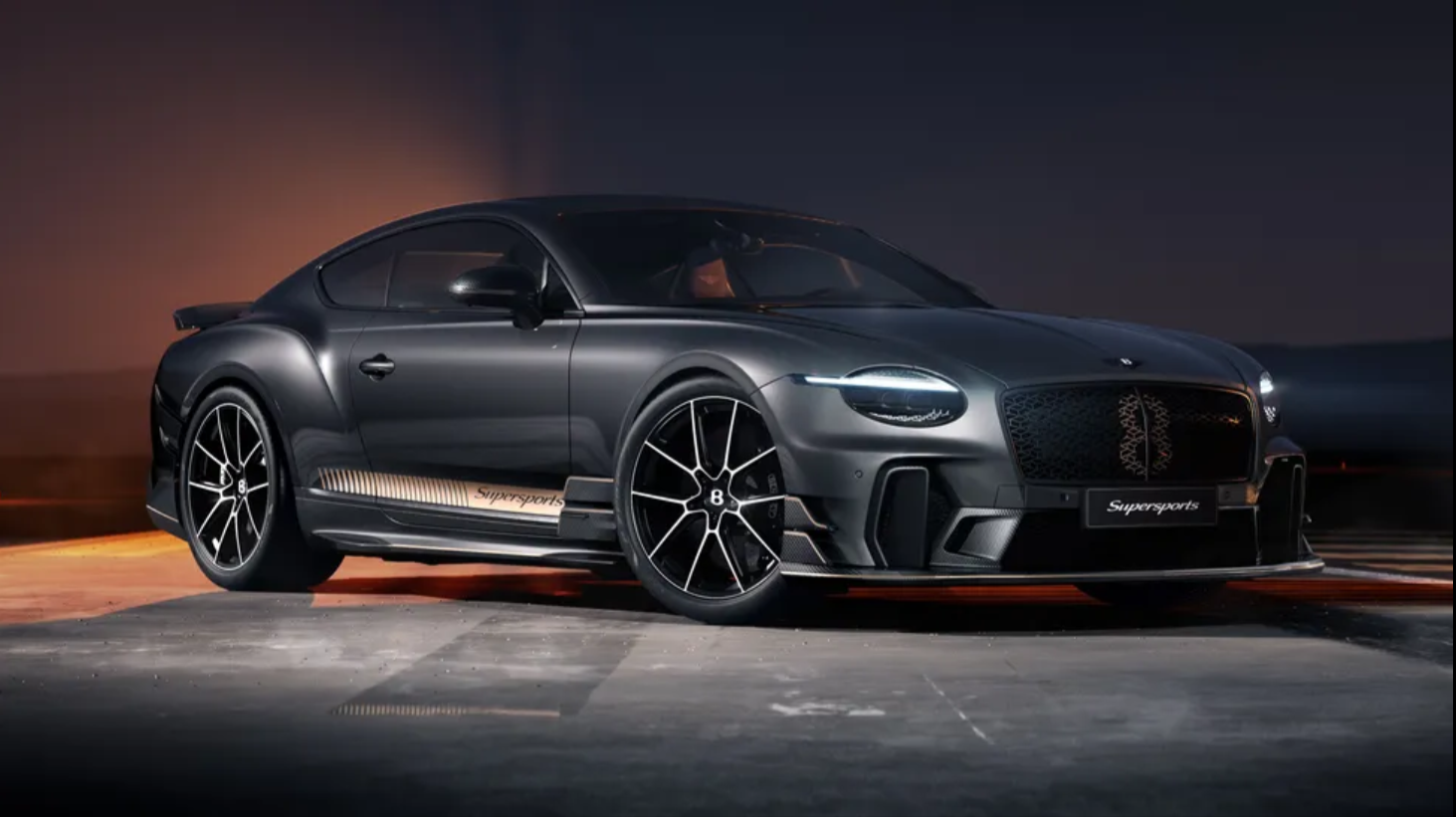What began as a rumour earlier this week is now official. The Honda-Nissan alliance, announced back in March, has expanded to include Mitsubishi. The trio have signed a memorandum of understanding to explore joint ventures in electric vehicles (EVs) and software development. Takao Kato, President and CEO of Mitsubishi Motors, summed it up well:
"Nissan and Honda's discussions on a possible partnership have progressed, and we have decided to participate in this framework. Collaboration with partners is essential in today's automotive industry, which is undergoing rapid changes due to technological innovations such as electrification and intelligence. We believe that we can discover new possibilities in a variety of fields through collaboration among the three companies."
In related news, Nissan and Honda have released a separate statement detailing an agreement to focus on developing software-defined vehicles (SDVs). The two companies will pool resources to enhance autonomous driving technology, connectivity, and artificial intelligence. This cooperation extends to the joint development of new batteries and electric axles, sharing motors and inverters.
Nissan and Honda have also agreed to share models to complement each other's lineups, covering both combustion cars and EVs. With Mitsubishi now in the mix, it's too early to say if it will be part of this "mutual vehicle complementation" strategy, though it's worth noting Nissan holds a 34% stake in Mitsubishi.
The expanded alliance is a strategic move to counter the rapid rise of EVs from China. By pooling resources, the three companies aim to accelerate development and achieve economies of scale, rather than facing the costly and lengthy process alone. The competition is fierce, with Chinese EVs being significantly cheaper and more varied.
Will this partnership lead to something exciting? Sadly, it doesn’t look like we’ll see a sports car to rival the success of the Toyota GR86 and Subaru BRZ anytime soon. The focus remains on mainstream vehicles, particularly crossovers and SUVs, where the market demand and profitability are higher.
This isn’t the first major alliance between Japanese automakers this year. A few months ago, Toyota, Mazda, and Subaru held a joint conference to reaffirm their commitment to combustion engines. They aim to extend the life of internal combustion engines (ICEs) through hybridization and carbon-neutral fuels. Toyota is developing several inline-four engines, Mazda is continuing to refine the rotary engine for range-extending EVs, and Subaru is working to make its boxer engines run cleaner.
The road ahead may not be paved with the excitement of sports cars, but the collaboration between Honda, Nissan, and Mitsubishi could lead to significant advancements in EV technology and software, shaping the future of the automotive industry.






.jpg)


.jpeg)

.jpeg)
.jpeg)

